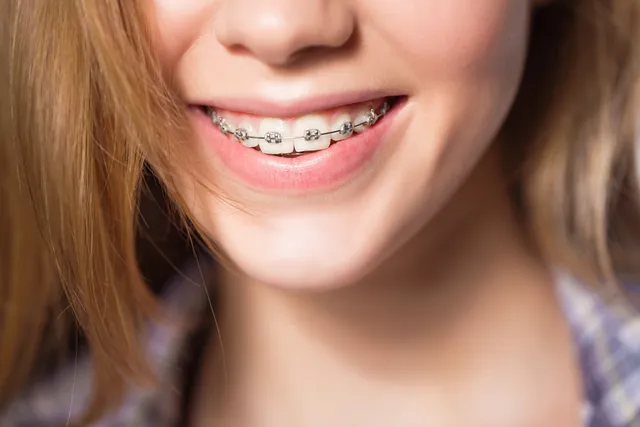Dental appliances offer a wide range of applications in today’s dental practice— everything from repairing crooked teeth to helping sleep-disordered breathing. If you are in Glen Carbon, knowing which of these dental appliances works best for your case will help become more informed about the kind of care that is likely to be administered by the dentist in Glen Carbon. In this article, we take a look at the different types of dental appliances, what they do, and how beneficial are these for your oral health.
1. Braces
Traditional Metal Braces
One of the most common dental appliances to correct teeth misalignment and bite issues is traditional metal braces. They are made up of metallic brackets and wire that help to shift the teeth slowly into their right place. Metal braces are the perfect choice for complicated orthodontic cases particularly because of their effectiveness, sturdiness, and precision.
Ceramic Braces
These work in the same way as metal but have clear or tooth-colored brackets — so they are less visible. This option is more discreet and still provides the efficiency of traditional braces making it a strong favorite among patients.
Lingual Braces
These are different from the traditional dental galleries as they lingually apply the brackets to the back surfaces of teeth making them invisible from the frontal side. A discrete option for those who need orthodontic treatment but without any of the cosmetic concerns that come with traditional braces.
2. Invisalign and Clear Aligners

Invisalign
Invisalign is a common type of clear aligner that is used to straighten teeth and correct bite problems without using brackets or metal wires. Here are the ins and outs of these custom-made, removable aligners that work to straighten teeth over time. For cosmetic treatment, Invisalign is the obvious choice for most patients. They are comfortable and they can be removed for eating, drinking and teeth brushing.
Clear Aligners
There are various clear aligner systems comparable to Invisalign, with some popular options. Following the concept of gently moving teeth over time through a set of personally made trays. Offer the ability to be flexible with convenience and results.
3. Retainers
Fixed Retainers
The fixed retainer is a small wire that your orthodontist places out on the inside of the very bottom front teeth to keep them from moving after braces have been removed and particularly to make sure you continue to wear retainers properly. This is a permanent solution to the issue of teeth alignment and it looks less pronounced in contrast with removable alternatives.
Removable Retainers
Hawley or Essix retainers are types of removable retainers, and they can be removed for cleaning; patients tend to wear them at night. They hold tooth positions in place which has moved as a result of braces or aligner treatment and are also adjustable so they can be made to fit much more comfortably.
4. CPAP Appliances
CPAP Machines
Obstructive sleep apnea (OSA) is treated with equipment that provides continuous positive airway pressure (CPAP). To keep the airways open as you sleep, the gadget uses a mask to provide a constant stream of air. CPAP therapy is frequently suggested in addition to dental treatments for patients with sleep-related respiratory issues, even though it is not a dental appliance in and of itself.
Dental devices are important for dental health as they offer treatment options that address a variety of problems from orthodontic concerns to sleep disorders. Glen Carbon residents who learn about these different dental appliances and their particular pros can use this knowledge to select the ones that best serve them. If you are thinking of braces, clear aligners, retainers, or any other orthodontic device then you must consult a certified dentist to determine which type will work best for your situation. With the help of these new-age tools, ensure better oral health and a more beautiful smile.


